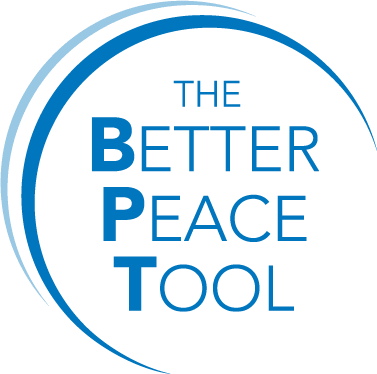“I’m here because of my own credentials.” When women delegates say, “We don’t represent women.”
Resistance to inclusivity can come not just from armed groups or state actors but from within civil society, causing tensions between women delegates or representatives and civil society groups. In some cases, women delegates try to disassociate themselves from women on the ground, fearing that their position at the table will be viewed as a token female placeholder rather than a result of their hard work and merit. It is important to remember that simply having a woman at the table does not automatically make her the representative of all women in her country or guarantee that she is linked to the peacebuilding community.
How to overcome this barrier:
1. Encourage women delegates to remain connected to women peacebuilders and civil society groups that supported their ascension.
2. Facilitate a code of conduct that ties women delegates to the groups that promoted them to leadership positions and advocated for their appointment. This semi-binding agreement would articulate their common mission for the peace process.
3. Offer support and guidance to women who are given seats at the table, and invest in individual and long-term training, even if it requires using creative measures to enable women to work in physically dangerous situations.
4. Provide women with knowledge and skills in areas specifically relevant to the conflict. This will not only enhance the peace process, but will earn them greater credibility.
5. Provide strategic training on achieving influence in the talks; for example, women delegates should make an effort to bridge the gender divide and have male allies, regardless of position or seniority.
Women representatives have the potential to be great advocates for women’s rights and supporters of civil society voices, but need support and knowledge to be effective once they reach leadership positions. In current conflicts, this has played out very differently. In South Sudan, appointed women cut off ties with civil society and women’s groups and towed the government’s party line. However, in the Philippines, women negotiators on the government panel maintained very strong ties to women peacebuilders and civil society and linked their input into the peace talks and debates on the Bangsamoro transitional law.

